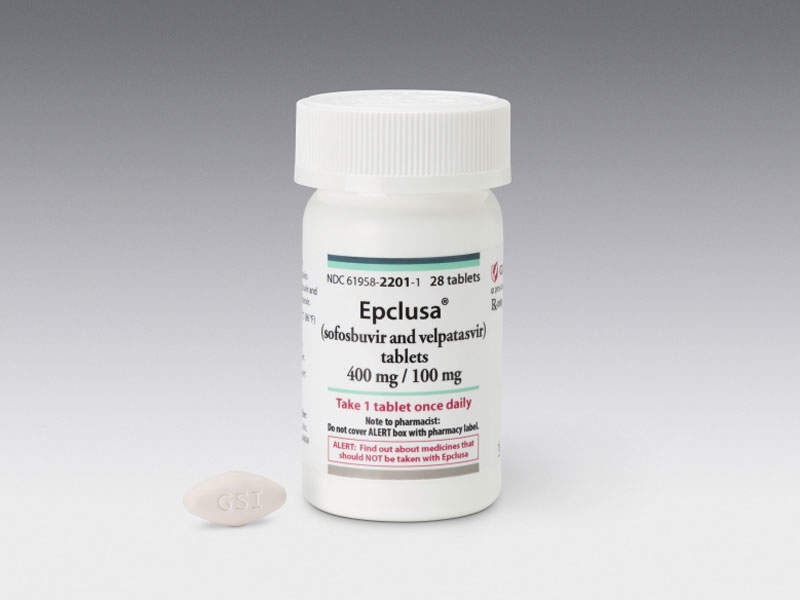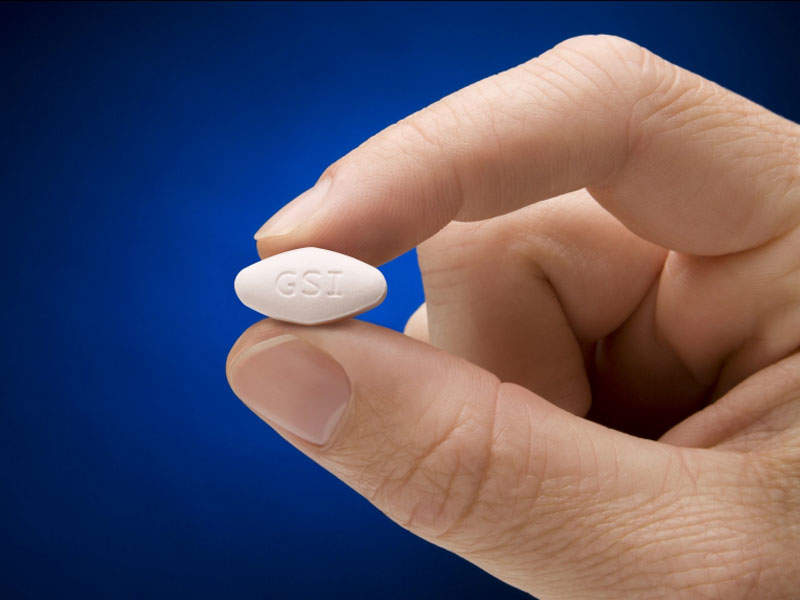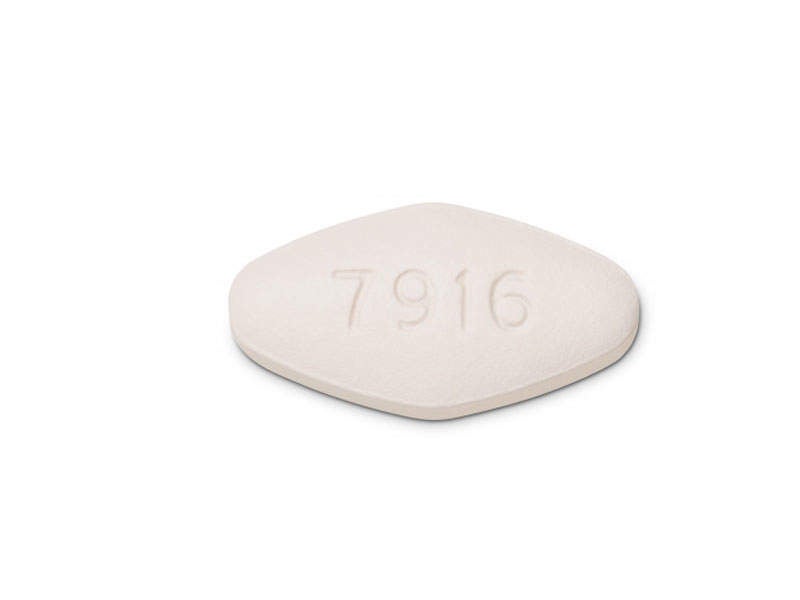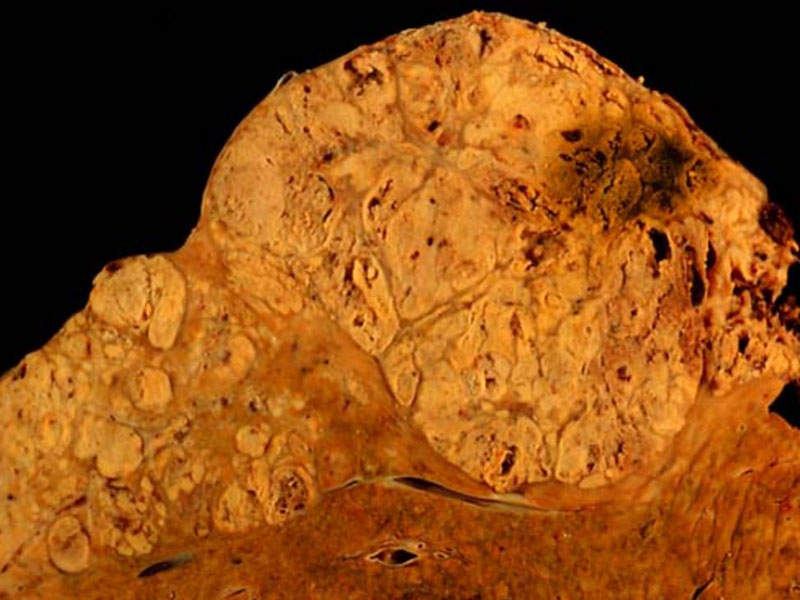Epclusa (Sofosbuvir/ Velpatasvir) is an oral formulation developed by Gilead Sciences for the treatment of 1-6 chronic hepatitis C virus (HCV) infection.
Its new drug application (NDA) was submitted to the US Food and Drug Administration (FDA) on 28 October 2015. The FDA approved the drug as a treatment for patients with genotype1-6 chronic HCV infection on 28 June 2016. The European Commission (EC) granted marketing authorisation for the drug on 8 July 2016.
Hepatitis C infection types and symptoms
Hepatitis C is a virus that causes liver disease characterised by inflammation. The disease severity may range from mild to serious and the infection may be either acute or chronic.
Acute HCV infection is a mild illness, which lasts for a few weeks. It occurs within the first six months of exposure to the virus. Chronic HCV infection lasts for a longer period and leads to serious liver problems such as cirrhosis or liver cancer.
The disease is associated with symptoms such as fever, fatigue, loss of appetite, nausea, vomiting, abdominal pain, dark urine, clay-coloured bowel movements, joint pain, and jaundice.
Epclusa’s mechanism of action
Epclusa (sofosbuvir 400mg/velpatasvir 100mg) is a first all oral, pan genotypic treatment for Hepatitis C.
The sofosbuvir component of the drug is an inhibitor of the HCV NS5B RNA dependent RNA polymerase, which undergoes intracellular metabolism to form uridine analogue triphosphate and inhibits the viral replication by incorporating into HCV RNA and acts as a chain terminator.
Velpatasvir is an inhibitor of HCV NS5A protein, which blocks the action of the protein and inhibits the viral replication.
Clinical trials
The US FDA and EMA approved Epclusa (Sofosbuvir/ Velpatasvir) based on results obtained from four phase 3 studies, ASTRAL-1, ASTRAL-2, ASTRAL-3 and ASTRAL-4.
ASTRAL-1 is a randomised, double-blind, placebo-controlled trial conducted for 12 weeks on 740 subjects, which have genotype 1, 2, 4, 5 and 6 HCV infection without cirrhosis or with compensated cirrhosis.
ASTRAL-2 is a randomised, open-label trial conducted for 12 weeks to evaluate the efficacy of the drug when compared to treatment with SOF and ribavirin in 266 patients with genotype 2 HCV infection.
ASTRAL-3 is a randomised, open-label trial conducted to evaluate the efficacy of 12 weeks treatment with Epclusa, as well as 24 weeks treatment with SOF and ribavirin in 552 patients with genotype 3 HCV infection.
ASTRAL-4 is a randomised, open-label trial conducted on 267 patients, which have genotype 1, 2,3,4,5 or 6 HCV infection and Child-Pugh B cirrhosis at screening. The subjects in the trial were randomised in 1:1:1 ratio for treatment with Epclusa for 12 weeks (N= 90), Epclusa with ribavirin for 12 weeks (N= 87), or Epclusa for 24 weeks (N=90).
The patients treated with Epclusa for 12 weeks in ASTRAL-1, ASTRAL-2 and ASTRAL-3 studies achieved 98% sustained virologic response (SVR12). Patients that received Epclusa with RBV for 12 weeks in ASTRAL- 4 study achieved 94% SVR 12, whereas those that received Epclusa for 12 weeks and 24 weeks achieved 83% and 86% SVR 12 respectively.
The most common adverse reactions observed during the ASTRAL-1, ASTRAL-2 and ASTRAL-3 trials were headache and fatigue, while those observed during the ASTRAL-4 trial were fatigue, anaemia, nausea, headache, insomnia, and diarrhoea.







